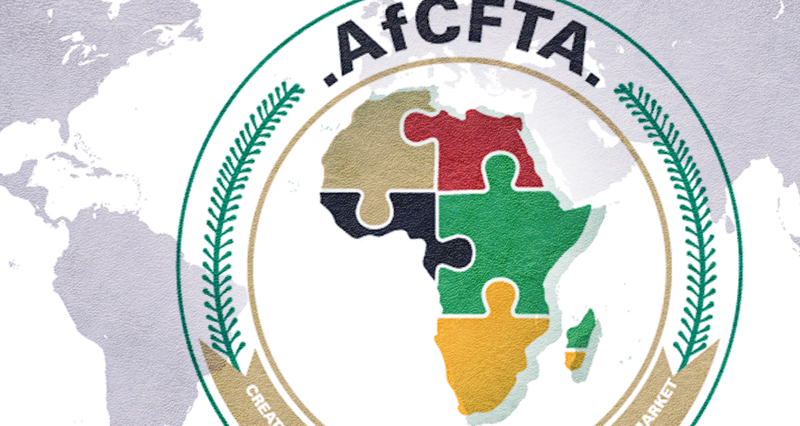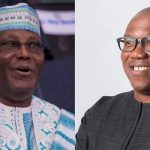…Obi fingers poor leadership, low export volumes
One of Nigeria’s leading entrepreneurs and politician, Mr Peter Obi, has expressed deep concern on lack-lustre performance of the Africa free trade agreement (AfCFTA) months after takeoff. He blamed the unimpressive short-term outcomes of the AfCFTA on poor leaderships across the region, which often manifest in general lack of policy implementation and low volume of export trade.
Join our WhatsApp ChannelObi, a former Governor in the Southeastern State of Anambra and Presidential candidate of Nigeria’s main opposition party in the 2019 elections, said most African nations had excessive urge to consume and less inclination towards productive ventures, a tendency caused by corruption and leadership failure.
According to him, those were the major reasons for continued retrogression and under-development of the African continent.
Obi noted that, if the African Trade Agreement were properly implemented, the continent would have been reaping great fruits of development.
He made this known during the second International Conference of Banking and Finance, held at the Faculty of Business Administration, University of Nigeria, Enugu Campus, on Tuesday, May 25, 2021.
Speaking on “Trade, AfCFTA and African Development,” Obi explained that trade hasbeen a critical driver of economic development since the beginning of time.
“Trade is the driving force behind China’s Silk Road and Belt & Road Initiative (BRI). Trade is the reason that Singapore, a country with no natural resources and a population of less than 6 million people has the best Human Capital Index (HCI) ranking (88%) in the World. Trade is the reason that a war ravaged country like Vietnam is now an export powerhouse in South East Asia. These strides were not accidental but were shaped by visionary leadership and deliberate policies.
“Sustainable Economic Development can directly be linked to trade especially where there are significant integrations in the forward value chain e.g. China (Manufactures Goods), South Korea and Japan (Consumer Electronics and Automobiles), Brazil & Chile (Commodities), The Gulf States (Petroleum Products), The Netherlands (Agriculture), the United States (Semi-Conductors and Space Technology), etc. Trade in Invisible goods and services is also a driver of sustainable economic development e.g. Dubai (Tourism & Hospitality), India (Business Process Outsourcing and Bollywood), Singapore (Financial Services & Transhipment Services) and the United States (Hollywood & Music).
He noted that other developed continents had high volume of economy-boosting regional trade. “That is why the African Continental Free Trade Agreement was set up, to open up Africa and encourage African countries to trade among themselves. Boosting regional trade in Africa will bring about a lot of creativity, innovation and economic growth.
“Out of the entire universe of trade that happens within Africa, only about 15% is intra continental. In Europe that number is 59% and in Asia it’s 51%. AfCFTA would significantly boost African trade, particularly intraregional trade in manufacturing. In the very near term, the target of AFCFTA is to move intra-African trade from 15% to 22%. Again, this increment in intra African trade will have a multiplier effect across the continent and will lead to aggregate improvements in African continental HDI and HCI. We need to set our sights higher in the area of tradable goods m to move Africa out of the doldrums that it is currently in.
“The African Continental Free Trade Area (AfCFTA) will create the largest free trade market in the world measured by the number of participating countries. The agreement will connect 1.3 billion people across 55 countries with a combined gross domestic product (GDP) valued at US$3.4 Trillion. The AfCTA also has the potential of lifting 30 million Africans out of poverty” Obi explained.
Obi stated that AfCFTA has not yielded visible fruits for the continent because of the general leadership failure in Africa and the apparent lack of commitment to the implementation of the trade agreement. He expressed hopes that there will be great economic transformation in Africa if the trade agreement is duly implemented.


















Follow Us